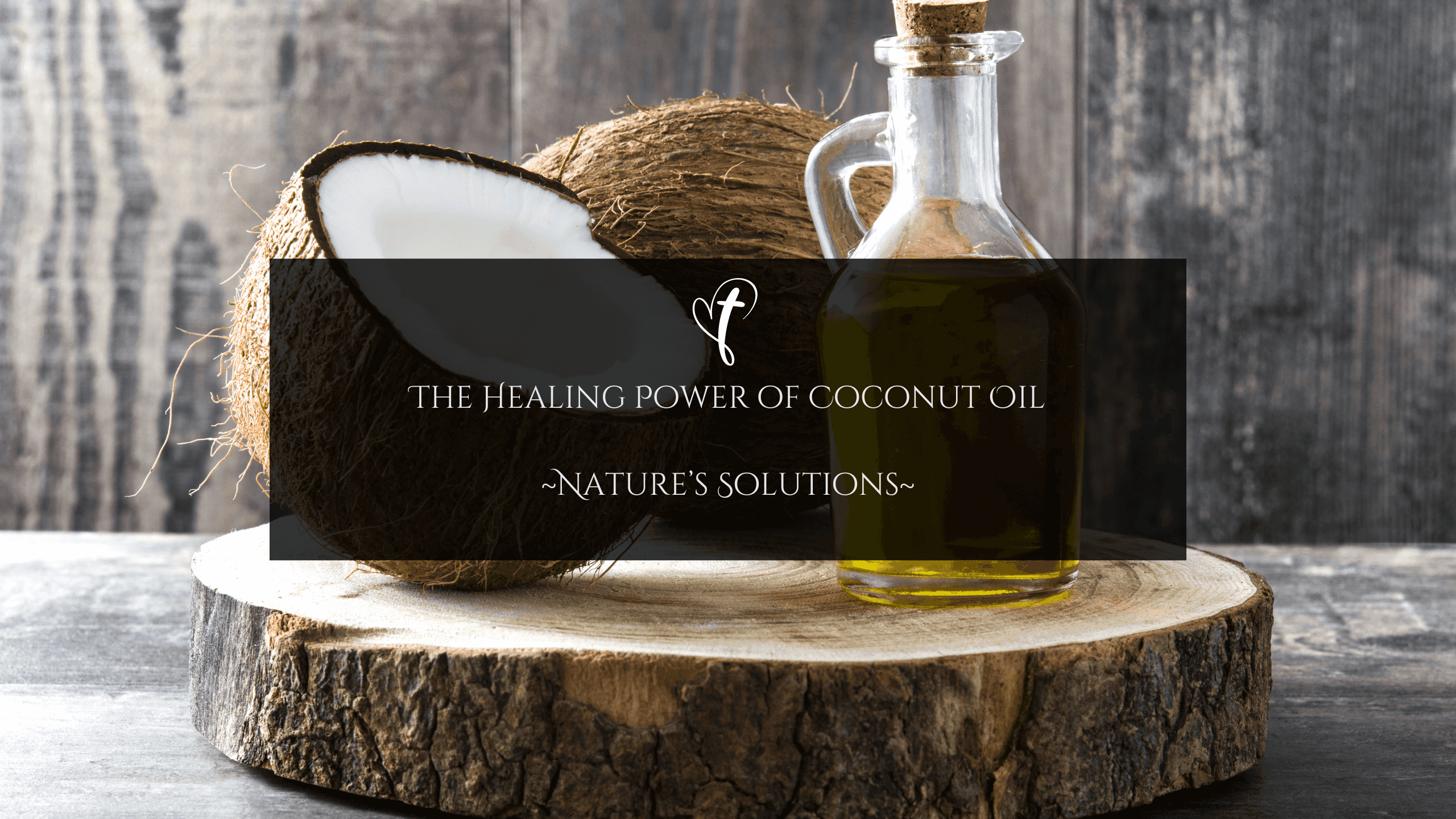
The Healing Power of Coconut Oil - Nature’s Versatile Remedy
Natural Remedies12th of June, 2024
In the last few decades, coconut oil has surged in popularity, becoming a staple not only in kitchens but also in medicine cabinets around the world. Derived from the flesh of coconuts, this versatile oil has garnered a reputation as a potent healing remedy, celebrated for its numerous health benefits. Whether you’re looking for a natural moisturizer, a digestive aid, or an anti-inflammatory agent, coconut oil may just be the elixir you need. In this blog post, we’ll explore the various ways coconut oil serves as a healing remedy and why it deserves a place in your wellness routine.
1. Nutritional Benefits
Coconut oil boasts a unique composition of fats, primarily medium-chain triglycerides (MCTs), which are metabolized differently from long-chain fatty acids found in many other oils. MCTs can provide a quick source of energy and are less likely to be stored as fat. Additionally, coconut oil contains lauric acid, known for its antibacterial and antiviral properties. Consuming coconut oil may help improve heart health by raising levels of HDL (the “good” cholesterol) and supporting healthy weight management.2. Skin Care
One of the most popular uses of coconut oil is as a natural moisturizer. Its emollient properties make it a powerful ally in treating dry skin, soothing irritation, and maintaining skin elasticity. Coconut oil can help heal minor cuts and burns, acting as a barrier against infection. Its anti-inflammatory and antioxidant properties make it effective in alleviating conditions like eczema and psoriasis. Additionally, many users find coconut oil works wonders as a makeup remover, gently breaking down stubborn makeup without causing irritation.3. Hair Health
Coconut oil is a boon for hair care as well. Its ability to penetrate hair shafts helps reduce protein loss, making hair stronger and shinier. Regular application of coconut oil can combat frizz, enhance shine, and prevent split ends. If you struggle with dandruff or a dry scalp, using coconut oil as a pre-wash treatment can help hydrate and soothe the scalp, promoting a healthier environment for hair growth.4. Digestive Aid
Incorporating coconut oil into your diet can promote digestive health. It has been shown to support the growth of good bacteria in the gut, which can aid in digestion and help prevent gastrointestinal issues. Additionally, the MCTs in coconut oil can improve nutrient absorption, allowing your body to make the most of the food you consume. For those with lactose intolerance or dairy allergies, coconut oil serves as a great substitute in recipes calling for butter or cream.5. Immune Support
Coconut oil has demonstrated immune-boosting properties thanks to its lauric acid content, which can be converted into monolaurin—a compound known for its antiviral, antifungal, and antiparasitic qualities. Regular consumption of coconut oil may help bolster your immune system and provide protection against common infections. This makes it an excellent addition to your wellness toolkit, especially during cold and flu season.6. Oral Health
Oil pulling, a traditional Ayurvedic practice, involves swishing oil in the mouth to promote oral health and hygiene. Coconut oil is often the oil of choice due to its antibacterial properties. Regular oil pulling can help reduce plaque, prevent gum disease, and freshen breath. While it’s not a replacement for regular dental care, it can be a great complementary practice for a healthy mouth.The Best Coconut Oil to Use: A Guide to Quality, Benefits, and Uses
When it comes to health and beauty products, coconut oil has carved out a unique niche for itself. With its numerous uses ranging from cooking to skincare, coconut oil is a versatile addition to any household. However, not all coconut oils are created equal. In this blog post, we’ll explore the best types of coconut oil to use, how to select the right one for your needs, and the myriad benefits of this tropical treasure.Understanding Coconut Oil
Coconut oil is extracted from the meat of mature coconuts and has gained popularity due to its high saturated fat content, which makes it stable at high temperatures. Coconut oil is primarily composed of medium-chain fatty acids (MCFAs), especially lauric acid, which offers numerous health benefits. However, the oil can vary significantly based on the extraction method, refining process, and sourcing.Types of Coconut Oil
Extra Virgin Coconut Oil: This high-quality oil is cold-pressed, which means it retains more of its natural nutrients and flavor. Extra virgin coconut oil is typically unrefined and maintains a rich coconut scent and taste, making it ideal for cooking, baking, and as a dietary supplement.
Refined Coconut Oil: This oil has been processed to remove the coconut flavor and smell. Although it may lose some nutrients during processing, it has a higher smoke point, making it suitable for high-heat cooking methods such as frying. Refined coconut oil is often preferred for recipes where the coconut flavor isn’t desired.
Fractionated Coconut Oil: This type of coconut oil is processed to remove long-chain fatty acids, leaving only the medium-chain triglycerides. Fractionated coconut oil remains liquid at room temperature and has a longer shelf life. It's often used in cosmetics and personal care products due to its lightweight texture.
Choosing the Best Coconut Oil
When selecting coconut oil, here are some key factors to consider:
Organic and Non-GMO: Opt for organic coconut oil to avoid pesticides and chemicals. Non-GMO certification ensures the oil has not been derived from genetically modified coconuts.
Cold-Pressed: For maximum health benefits and flavor retention, choose cold-pressed or expeller-pressed extra virgin coconut oil.
Packaging: Coconut oil should be sold in dark glass jars or opaque containers to protect it from light, which can cause it to spoil.
Brand Reputation: Look for reputable brands known for their commitment to quality and sustainability. Reading reviews can also provide insight into the product’s effectiveness and purity.
Top Brands of Coconut Oil
Based on quality, consumer reviews, and versatility, here are some of the best coconut oil brands to consider:
Nutiva Organic Extra Virgin Coconut Oil: Known for its rich flavor and quality, Nutiva uses organic coconuts and cold-press extraction methods. It’s perfect for cooking and baking, as well as skincare.
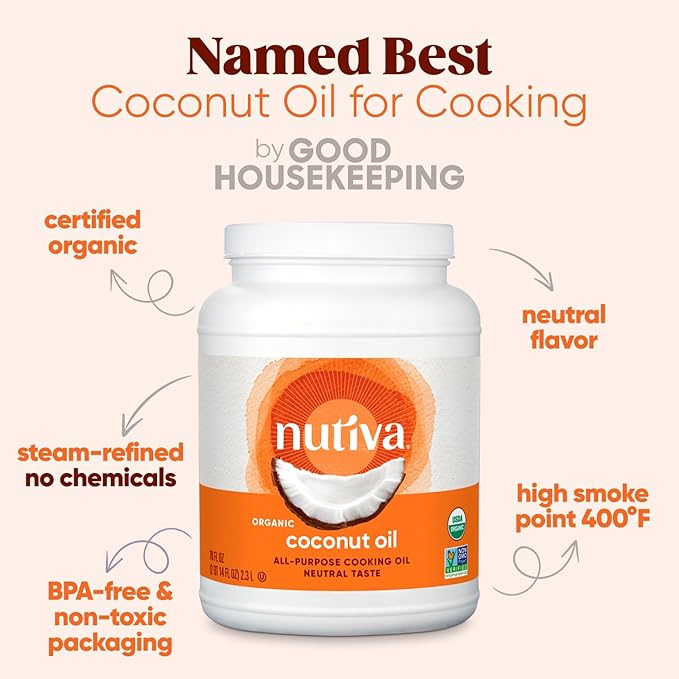
Viva Naturals Organic Extra Virgin Coconut Oil: This brand offers a smooth texture and pleasant flavor, making it a favorite for both culinary and cosmetic uses. It’s also non-GMO and gluten-free.
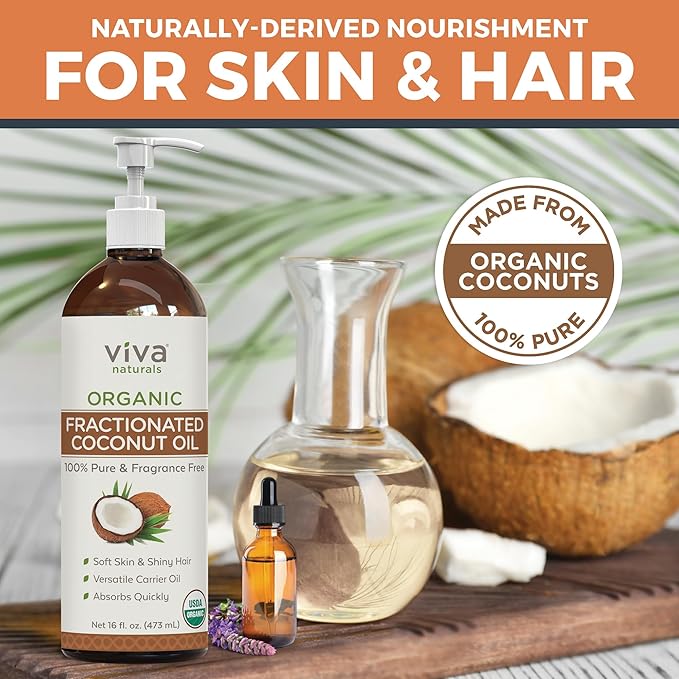
Kirkland Signature Organic Coconut Oil: A great value option, Kirkland Signature offers a high-quality extra virgin coconut oil that is perfect for cooking, baking, and beauty routines.
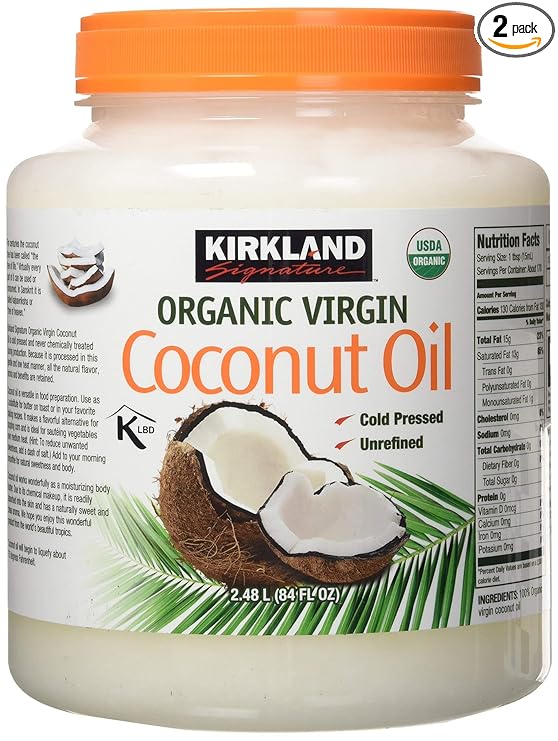
Dr. Bronner’s Organic Virgin Coconut Oil: This ethically sourced coconut oil is versatile and suitable for cooking as well as personal care. Dr. Bronner’s is well-known for its commitment to fair trade and environmental sustainability.
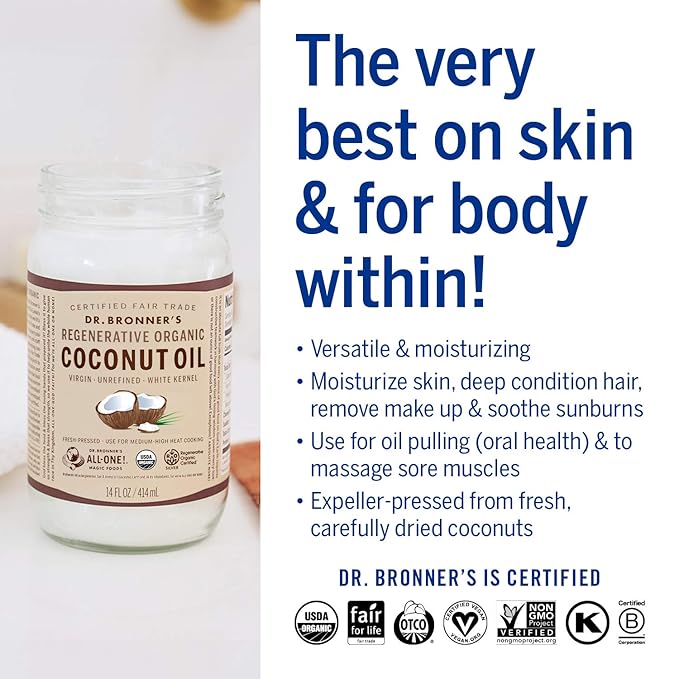
Benefits of Coconut Oil
The health benefits of coconut oil are vast and varied. Some of the most notable benefits include:
Boosting Heart Health: The medium-chain triglycerides (MCTs) found in coconut oil can help raise good cholesterol (HDL) levels.
Enhancing Skin Health: Coconut oil is known for its moisturizing properties and can be used as a natural moisturizer, makeup remover, or hair conditioner.
Supporting Weight Loss: Some studies suggest that MCTs can boost metabolism and promote feelings of fullness, which may aid in weight management.
Antimicrobial Properties: Lauric acid has been shown to have antibacterial and antiviral properties, making coconut oil a natural option for fighting infections.
Improving Brain Function: Some studies suggest that the MCTs in coconut oil may provide an alternative energy source for the brain, potentially benefiting cognitive function.
Conclusion: Is Coconut Oil Right for You?
Coconut oil can be a valuable addition to your health and beauty arsenal, but choosing the right type is crucial. Whether you’re cooking up a storm in the kitchen or looking for a natural skincare solution, the best coconut oil for you will depend on your specific needs. With a variety of high-quality brands available, you can enjoy the many benefits of coconut oil, making it a staple in any modern home.
While coconut oil has many health benefits, it is essential to approach it like any remedy. Always consider your individual needs and consult with a healthcare professional if you have specific health concerns. Opt for high-quality, organic, and unrefined coconut oil to reap the maximum benefits.
Whether you’re using it in cooking, personal care, or as a wellness aid, coconut oil stands out as a powerful healing remedy worth trying. Embrace the versatility and holistic benefits of this natural wonder and enjoy the multitude of ways it can enhance your overall health and well-being. So the next time you reach for a jar of coconut oil, remember that it’s not just an ingredient; it’s a gateway to better health!